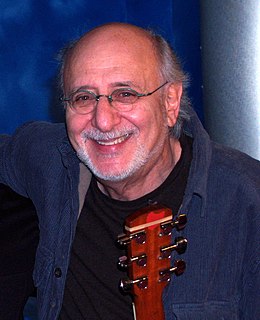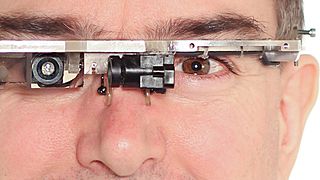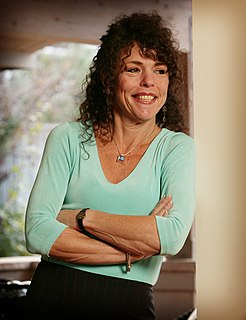A Quote by Siri Hustvedt
Related Quotes
There's nothing you can do about the past. But, you can do a great deal about your future. You don't have to be the same person you were yesterday. You can make changes in your life -- absolutely startling changes in a fairly short time. You can make changes you can't even conceive of now, if you give yourself a chance.







































